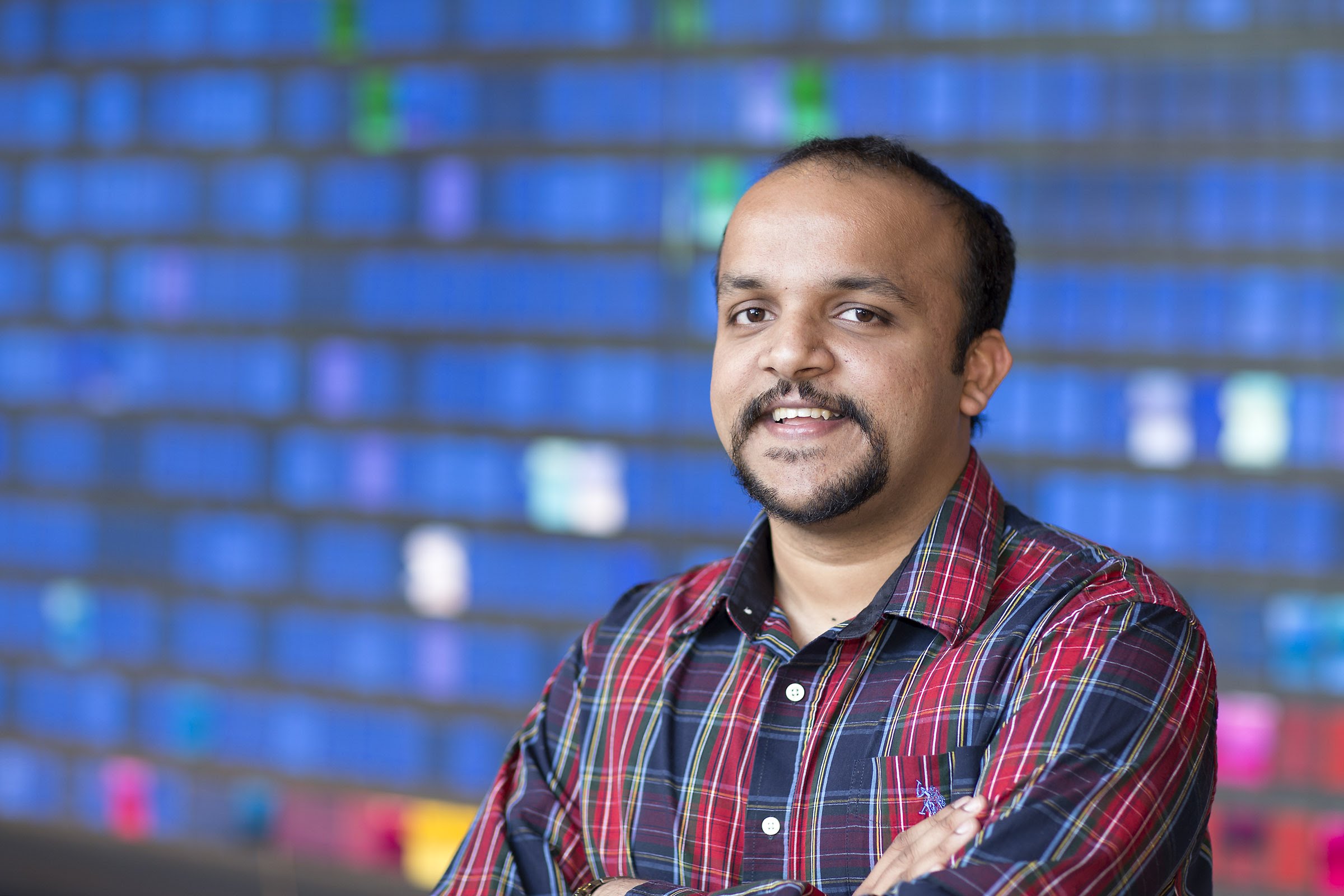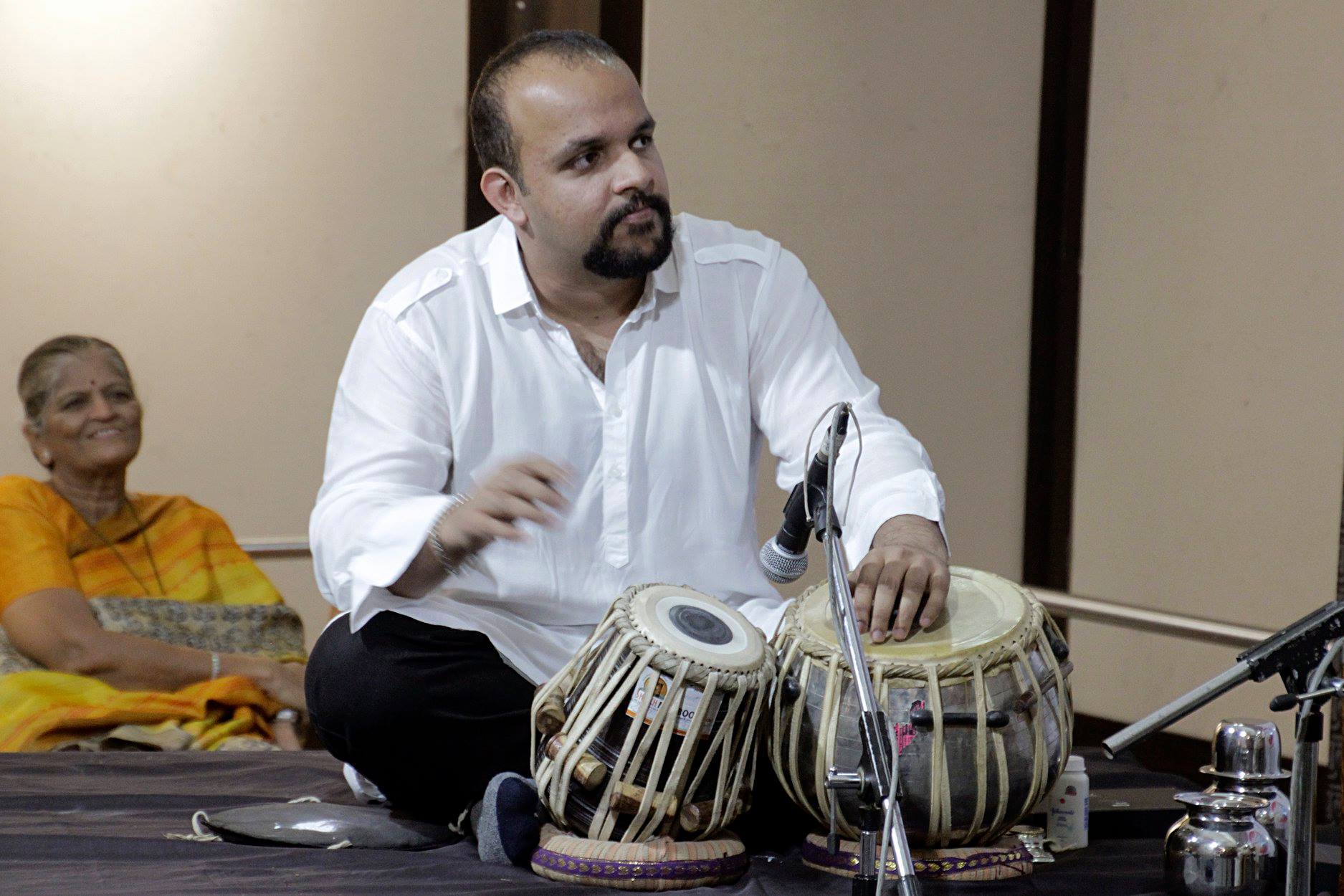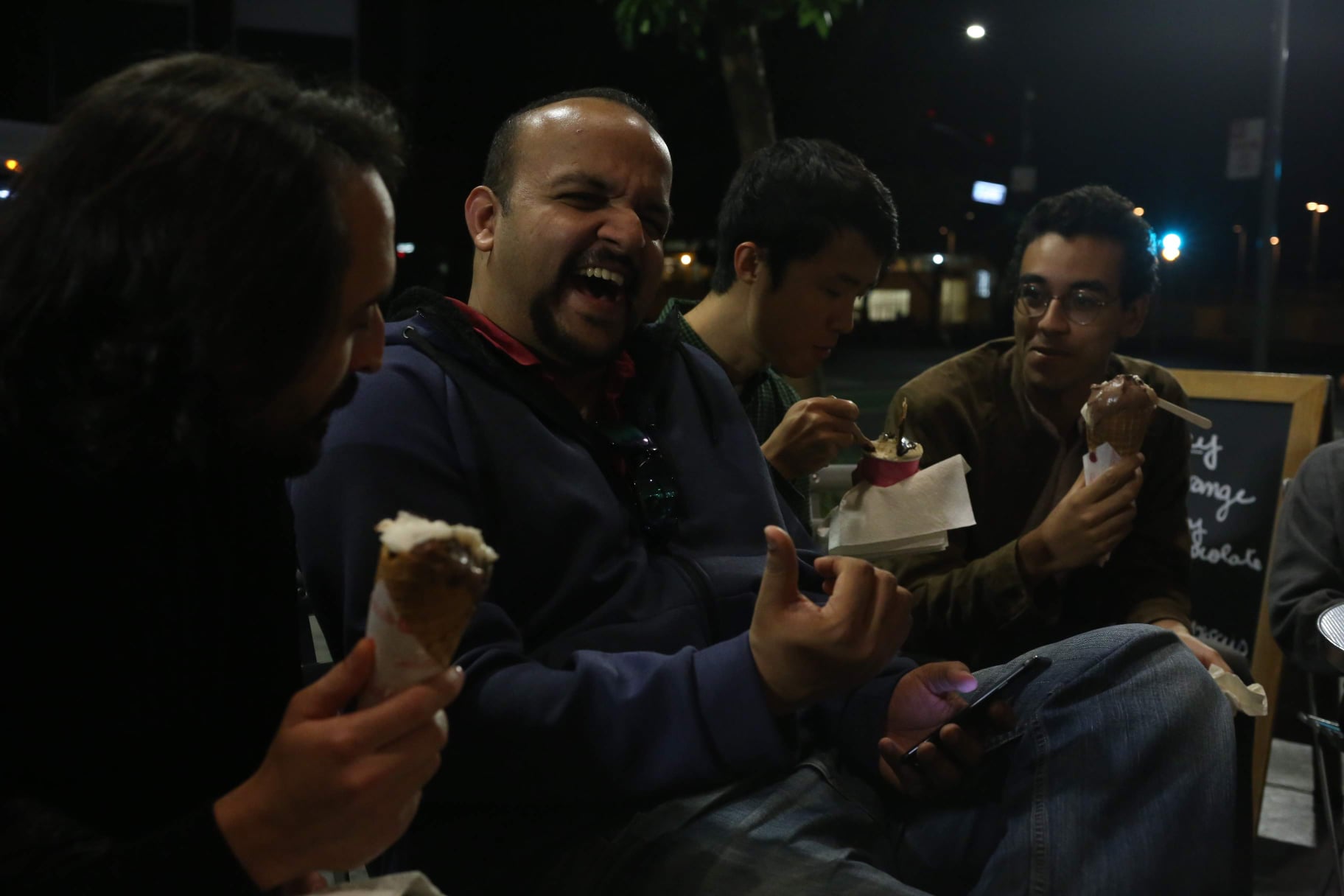My family and I were on a 3,000-mile cross-country move from Tucson, Arizona to Princeton, New Jersey. Facing the challenge to keep the spirited second grader entertained in the back seat, my dad taught me chess on a magnetic chess board in the car. Since then, I got hooked to the game and soon started to play chess competitively. I was titled a national expert and was Arizona state champion for multiple years and had placed 6th in the U.S. National Championships in my age group. However, these days I take great pride in being what is known in the chess community as a patzer: one who follows the game, loves to kibitz and provide novice commentary, but hasn’t kept up with playing over the board tournaments.

Although chess uses a lot of strategic thinking, it ultimately boils down to computing expansive game trees. Super computers are far more efficient at this than us cognitively limited humans! Though the realm of possibilities is so large, that even they haven’t “solved” chess yet. Nevertheless, the beauty of the game and the reason it continues to perplex generations arises from the fact that we are not machines. We cannot think 25 moves ahead and this cognitive limitation means we need to improvise, intuit, take measured risks, and be creative to outdo our opponent. My research uses game theory, a mathematical toolset to model complex strategic interactions between agents. However, its use in the rather complex game of chess turns out to be minimal.
Apart from chess, I am also a big fan of all types of music. I dabble around with many instruments but am primarily trained in tabla (Indian drums). I have been very fortunate to attend workshops from the maestro Ustad Zakir Hussain for the past 17 years and have been playing since I was 8 years old.
To me, chess, music and academic research are all creative fields requiring a mixture of both science and art. The underlying theory provides disciplined structure and a strong foundation. In all three fields, there is centuries of knowledge, but the trick is to use it, and artistically improvise and find your own direction and create something that is new and truly yours!
 Prof Ashu performing tabla. Click here to see Prof Ashu in action.
Prof Ashu performing tabla. Click here to see Prof Ashu in action.
Growing up on many different University campuses, Michigan, Minnesota, Arizona, Princeton, etc., I always find the atmosphere of diversity of cultures, intellectual disciplines, and people very invigorating. I was raised in both the United States and India. One of the most common questions I was asked growing up was, which place do I like more? My answer was an unwavering “both.” I think it’s our duty to be open and take the best from what we’ve been exposed to. Take the education system as a concrete example, India emphasised strong foundation in math and science through rote-learning, repetition, and practice. The U.S. system on the other hand emphasised effective presentation and communication. Both of these proved essential for my academic career even today, where I am responsible for developing my own research and also communicating it effectively.

Editor’s note 1: Prof Ashu’s research applies tools of market design to political economy, for example, he studies and designs mechanisms allocating elite civil servants to states in India and party-specific mechanisms for assigning politicians to committees in the US Senate. How such markets are designed affects not only who gets what position but also how people interact with your design, e.g., whether they try to manipulate or game the system. He will be teaching PP5527 - Game Theory and Strategic Decision-Making and PP5528 - Designing Markets and Marketplaces in the coming semesters.
Editor's note 2: If you're interested to learn more about Prof Ashu's tabla music journey, visit here.
Story by Assistant Professor Ashutosh Thakur.